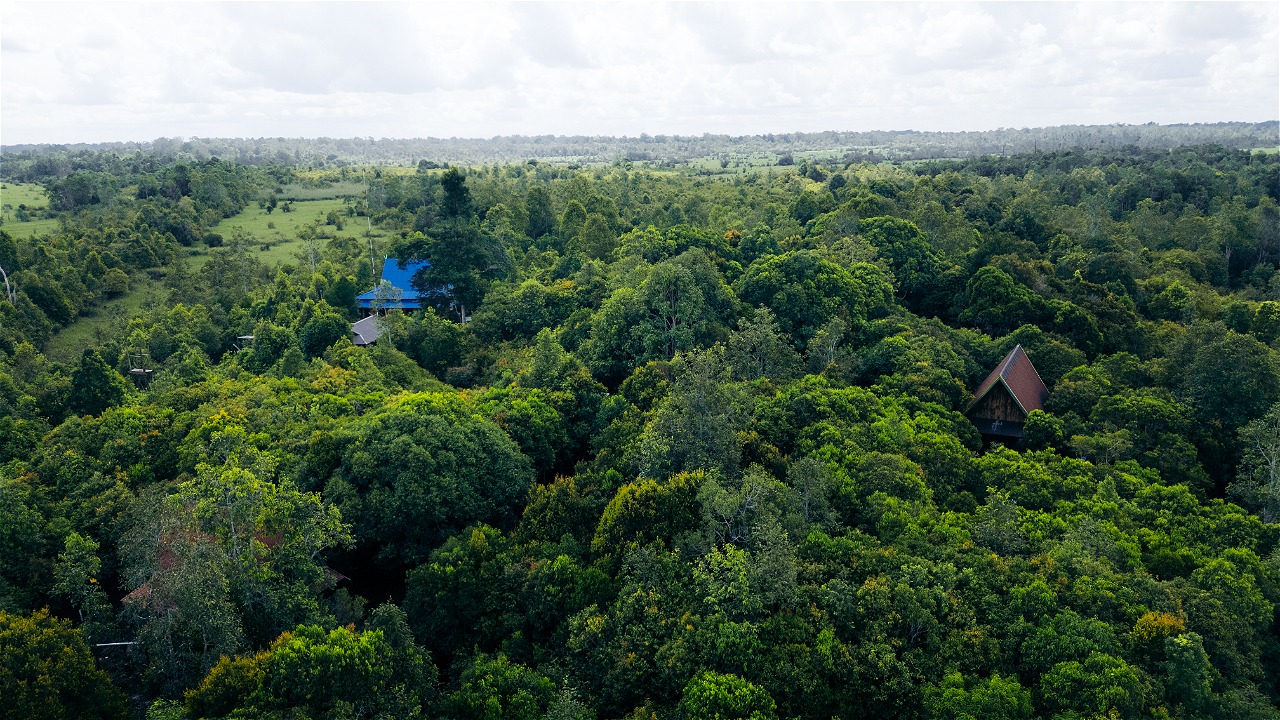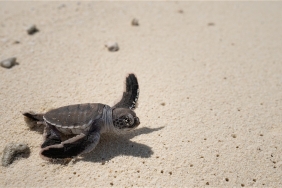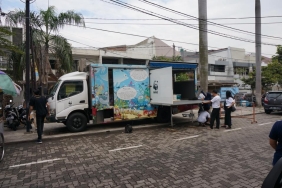CONSERVATION WORKING GROUP: "DPR RI AND THE GOVERNMENT MUST ACCELERATE THE DISCUSSION OF THE BILL ON THE AMENDMENT OF LAW NO. 5/1990". 5/1990"
Jakarta, September 18, 2017 - The Conservation Policy Working Group (Pokja) asks the House of Representatives and the government to immediately start discussing changes to Law 5/1990 on Biodiversity and Ecosystems, which is currently urgent to do, seeing that conservation crimes that occur at the site level cannot be accommodated in Law 5/1990. This was conveyed at the Public Hearing Meeting (RDPU) with DPR-RI Commission IV, Monday, September 18, 2017 in the Kura-Kura room of the DPR.
Henri Subagiyo, Executive Director of ICEL as spokesperson for the Conservation Policy Working Group said, "We consider that the DPR and the Government need to accelerate and prioritize the process of changing this law by starting a joint discussion."
In fact, the proposal to amend this bill was echoed more than a decade ago, and has even been included in the DPR RI's priorities (prolegnas), but until now the status of the discussion has not been scheduled by the DPR.
Henri continued, "There have been many cases of biodiversity crimes that cannot be processed optimally because they are not regulated in Law 5/1990, for example the destruction of coral reef ecosystems by foreign ships in Raja Ampat. We, the civil society members of the Conservation Policy Working Group, encourage the House of Representatives and the Government to immediately accelerate the process before it is too late to lose our national identity."
There are at least three main reasons why it is necessary to immediately revise Law 5/1990, first, the period of validity of Law 5/1990 has been very long so that it has not been able to accommodate the development of issues and problems of biodiversity conservation both at the national and international levels, second, law enforcement arrangements that cannot keep up with the development of biodiversity crimes in Indonesia.
Third, there is the issue of biodiversity conservation at the genetic level that has absolutely no regulation at the national level, so there are many "piracy" of genetic resources or often known as biopiracy.
In this public hearing process, the Conservation Policy Working Group conveyed five points or issues that are very important to ensure the preservation and sustainability of biodiversity benefits that are crucial to be accommodated in the amendment of Law 5/1990, namely:
1) Access and benefit sharing from the utilization of genetic resources and traditional knowledge.
2) Licensing, supervision, and administrative sanctions.
3) Institutional organization of biodiversity conservation.
4) Protection of rights and access of indigenous and local communities. 4)
5) Aspects of law enforcement against biodiversity conservation crimes.
The Conservation Policy Working Group also appreciates Commission IV of the House of Representatives which has taken the initiative to draft the amendment bill and its academic paper, but this initiative must be followed up immediately by starting the discussion of the amendment to Law 5/1990. The Working Group also asks the Government as the party responsible for organizing and protecting biodiversity to be more proactive in encouraging the immediate commencement of the discussion of amendments to this law. The integrity of biodiversity is a mirror of the sovereignty of a nation, the loss of biodiversity means the loss of the sovereignty of the Indonesian nation.
-0-
For more information, contact:
Diah R. Sulistiowati (Sulis)
WWF-Indonesia Forest and Terrestrial Species Campaign Coordinator
dsulistiowati@wwf.id, 0811-100-4397
Editor's Note:
1. About the Conservation Policy Working Group
The Conservation Policy Working Group consists of: Forum Komunikasi Kehutanan Masyarakat (FKKM), Indonesian Center for Environmental Law (ICEL), Indonesian Environmental Information Center (PILI), Wildlife Conservation Society (WCS), World Wildlife Fund (WWF), and Yayasan KEHATI, as well as several individuals.
2. Policy brief, input notes on the complete Biodiversity Conservation Bill can be downloaded at the following link: http://bit.ly/2x66c2c





